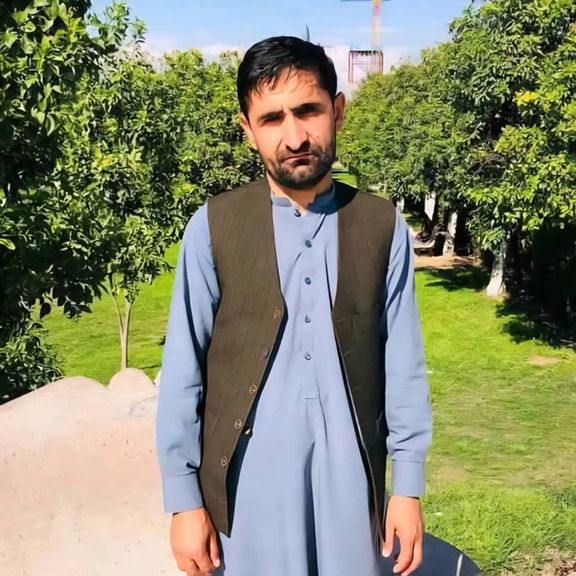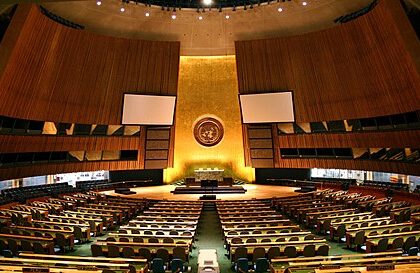RASC News Agency: A staff member of the World Health Organization (WHO) was found dead under highly suspicious and violent circumstances in the Taliban-controlled city of Jalalabad, Nangarhar province, raising alarm over a growing climate of fear for humanitarian workers and non-Pashtun minorities in Afghanistan. The victim has been identified by multiple sources as Sayed Qiyamuddin, a native of Yamgan district in Badakhshan province and a follower of the Ismaili sect of Islam an often-persecuted religious minority. He was employed in the security department of the WHO’s local office and had worked for years to ensure the protection of humanitarian infrastructure in the region.
On Monday, his body was discovered inside his workplace, bearing unmistakable signs of brutal violence. Eyewitnesses and photographic evidence obtained by local sources confirm that Qiyamuddin had been severely tortured prior to his death. His corpse showed extensive bruising across the face and torso injuries consistent with prolonged physical assault. These findings strongly suggest a premeditated and violent murder, possibly with sectarian or ethnic motivations. Despite the gravity of the incident, no group has claimed responsibility, and the Taliban authorities who exercise full control over the region have remained silent. The World Health Organization has yet to issue an official statement, and no independent investigation has been launched, further fueling suspicions of impunity and state complicity.
This is not the first tragedy to strike Qiyamuddin’s family. Just months earlier, his brother also a health sector worker was reportedly killed in a separate attack. Though details remain scarce, sources close to the family have described that incident as a deliberate assassination, hinting at a coordinated campaign targeting specific communities. Both brothers were non-Pashtun and Ismaili, and their deaths appear to be part of a broader pattern of persecution faced by religious and ethnic minorities under Taliban rule. Since the Taliban’s return to power, there has been a marked increase in arbitrary arrests, disappearances, and killings of individuals from communities traditionally marginalized by the regime including Hazaras, Tajiks, Uzbeks, and Ismailis. These cases are rarely investigated and almost never prosecuted.
Human rights observers warn that Afghanistan is now experiencing a silent campaign of ethnic and sectarian cleansing under the cover of Taliban governance. Aid workers, civil servants, and minority professionals are particularly vulnerable, especially when they operate outside the ideological and ethnic boundaries favored by the regime. “The Taliban’s refusal to even acknowledge such crimes is not an oversight it is a policy,” said a Kabul-based analyst who requested anonymity. “The systematic silence is part of a broader mechanism of suppression. By denying justice, they enforce fear. By erasing the victims, they erase the communities.”
International humanitarian organizations are increasingly caught in a double bind: remain silent and operational under Taliban authority, or speak out and risk targeted attacks or expulsion. The murder of Sayed Qiyamuddin an employee of one of the world’s most prominent health organizations is a chilling reminder of the cost of serving the public under a regime that offers no protection, no transparency, and no regard for life beyond its narrow ideological fold. RASC News Agency calls on the World Health Organization, the United Nations, and international human rights bodies to demand an immediate, transparent, and independent investigation into this killing. Silence in the face of such brutality is complicity. The global community must not continue to normalize Taliban impunity under the guise of humanitarian neutrality.
If left unchallenged, the murder of Qiyamuddin and the broader targeting of minorities will not remain isolated tragedies they will become the foundation of an apartheid-like state, built on fear, silence, and the systematic erasure of Afghanistan’s diverse social fabric.






